As we all know, excessive sugar intake can bring great burden to the human body and even cause a variety of diseases in metabolism, cardiovascular and other aspects. Nowadays, many countries in the world have issued "sugar tax" policies, and more and more consumers are beginning to prefer to buy low-sugar foods in their lives. The beverage market, which is the first to be affected, has also started a vigorous sugar reduction campaign.
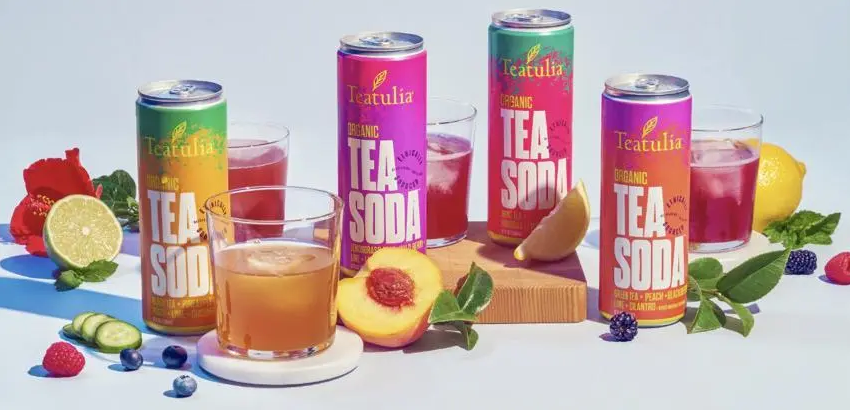
A survey released by The Food Marketing Institute in the United States shows that 73% of consumers care about the nutritional content of food. Their first appeal is low sugar, and 35% of respondents think it is very important, up two percentage points from 2017. In particular, it is more important for female consumers, and its importance increases with age. In addition, 60% of adult consumers are looking for low-sugar foods, followed by baby boomers (42%), Generation X (31%) and millennials (26%). In addition, whether the product has artificial ingredients is also a point of concern for consumers. This trend has prompted beverage suppliers to explore ways to use natural sweeteners to reduce the amount of added sugar.
Stevia-powered low-sugar plant-based sparkling water
Stevia, a natural sweet plant extract, passed the FDA safety certification 10 years ago. In recent years, with the continuous improvement of the extraction process, better-tasting and more economical varieties have come out one after another. Now it appears in more and more beverages together with other sweet ingredients.
Blossom Water, located in Westwood, Massachusetts, produces functional natural water that incorporates natural fruit and floral essences and uses stevia as the main sweetener. It now offers a variety of flavors, including mango hibiscus, lemon rose, plum jasmine, pomegranate geranium, and grapefruit clove. Each bottle contains 1 billion active probiotics, is non-GMO, gluten-free, does not add artificial sweeteners, colors, preservatives, and has passed Kosher certification.
"We use pure plant essences to flavor natural waters," emphasizes Steve Fortuna, the company's president and founder. Plant essences are extracted from selected fruits or flowers through steam distillation, a process in which high-pressure steam is passed through the cell structure of flower petals or the skin of citrus fruits, causing the cell walls to rupture and release the essential oils with strong aromatic odors. These essential oils are then distilled and purified to make them water-soluble.
All the flavors of Blossom Water come from the plant essences of flowers and fruits, which are clean, fragrant but not too sweet. To increase the sweetness, Blossom Water adds zero-calorie stevia leaf extract Reb M, which is a steviol glycoside different from Reb A. Although the extraction cost is high, it has more sugar flavor characteristics and does not leave a bitter aftertaste. Reb M is a certified non-GMO glycoside, providing consumers with a healthier product choice.
Another plant-based sparkling water, Petal, debuted over Memorial Day weekend in 2018 with three different rose flavors: original, lychee and mint. At the 2019 Winter Fancy Food Show in the U.S., the company added elderberry white tea, lemongrass dandelion (with a hint of strawberry) and peach marigold (with a hint of basil) to its lineup.
Image source: Google
The product was originally launched as a zero-calorie beverage sweetened with stevia, but has since been reformulated to include organic agave and about 3 grams of sugar. The rose flavor contains 10 calories per 12-ounce can, while the new version contains 15 calories. The natural sweetener makes the drink taste better without a bitter aftertaste.
Organic tea beverage for refreshing
Denver-based organic tea company Teatulia is launching Tea Soda, an organic tea beverage made from freshly brewed tea, fruit and herbs, a trendy drink that today's consumers are looking for. The company says that high-quality tea and craft brewing processes can reduce the bitterness in the beverage. In addition to the creative blend of fruits and herbs, the company uses less sugar than is typically added to ready-to-drink teas and most carbonated beverages. Each 12-ounce can contains 16-18 grams of sugar (from added fruit and sugar) and provides 70 to 80 calories.
Available now are caffeinated green teas with peach, blackberry, lime and cilantro flavors, and black teas with pineapple, peach, lime and cucumber flavors; as well as decaffeinated wild berry, lime, lavender lemongrass teas, and hibiscus lemonade mint teas.
CEO and co-founder Linda Appel Lipsius said that with a little added cane sugar, Tea Sodas can be used as a pure refreshing beverage and are a great alternative to natural soda, sparkling water and even energy drinks.
The rise of bitters
Bitter Love, Portland, Maine, has developed a shelf-stable, juice-only sweetened, ready-to-drink beverage that contains a bitter blend of ashwagandha root, gentian, artichoke and mugwort plant extracts. This new beverage meets consumer demand for low-sugar, low-calorie, functional beverages. It is now available in a variety of flavors, including grapefruit, sour cherry and grilled pineapple, and contains 40 calories per 12-ounce bottle.
"There has been an uptick in interest and use of bitters in the craft cocktail movement as standalone tinctures and sprays," said co-founder Taja Dockendorf. "We developed a functional beverage blend of bitter herbs, sparkling water and a small amount of juice that allows consumers to enjoy a unique taste experience every day."
Sophisticated non-alcoholic drinks in a cocktail style
Bar None is a non-alcoholic beverage brand from Atlanta-based Coca-Cola Co. that incorporates cocktail flavors such as sangria and ginger mule, is sweetened with juice, fruit puree or cane sugar and contains 70 to 130 calories per bottle.
The product was born out of a desire for more sophisticated non-alcoholic drinks, seeking healthier alternatives to sugary cocktails and lemon sodas. Bar None made its debut at the Atlanta Food Festival in October 2018. 93% of respondents said they would purchase the drink, and 78% said they would drink it without adding alcohol or other ingredients. In many bars, the brand is positioned as a mixer, perfect for mixing other cocktail recipes.
High-quality raw materials to create low-sugar milk tea and coffee drinks
Ito En North America, New York, is launching black tea and matcha ready-to-drink milk teas with a small amount of cane sugar. The company uses refined whole-leaf Japanese matcha powder and Sri Lankan black tea to create a perfect experience for consumers. Rona Tison, executive vice president of corporate relations, emphasized that the product is mainly achieved through the delicate balance between tea and sweet cream through recipe blending.
New York-based Wandering Bear, an organic cold brew coffee with a bold flavor and a smooth mouthfeel, recently added a vanilla flavor with no sweeteners. The coffee is sweetened with coconut milk and blends the flavors of vanilla and coconut, and offers 20 calories per 11-ounce bottle.
summary
Low sugar content in beverages is an inevitable trend in market development. Further optimizing beverage formulas through sugar reduction measures such as natural sweeteners to provide consumers with healthier choices is an important direction for major manufacturers to work towards in the future. We look forward to more excellent products standing out in this sugar reduction campaign.
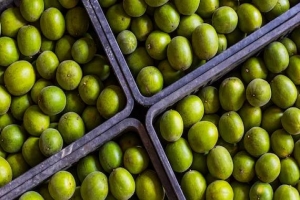 The regulation of Monk Fruit Extract (also known as Luo Han Guo extract) varies across different cou
The regulation of Monk Fruit Extract (also known as Luo Han Guo extract) varies across different cou
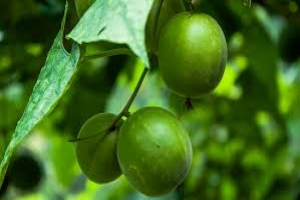 Health Canada Approves Monk Fruit Extract as a Natural Sweetener
Health Canada Approves Monk Fruit Extract as a Natural Sweetener
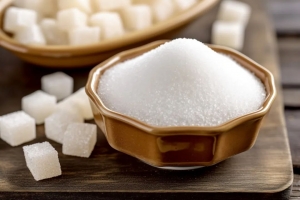 New Breakthrough in Allulose: A Healthier Sugar Alternative Gains Momentum
New Breakthrough in Allulose: A Healthier Sugar Alternative Gains Momentum
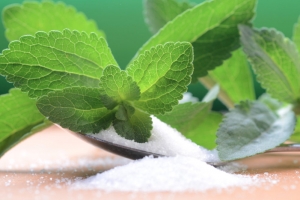 Understanding Reb-M: The Benefits of a Next-Generation Sweetener
Understanding Reb-M: The Benefits of a Next-Generation Sweetener